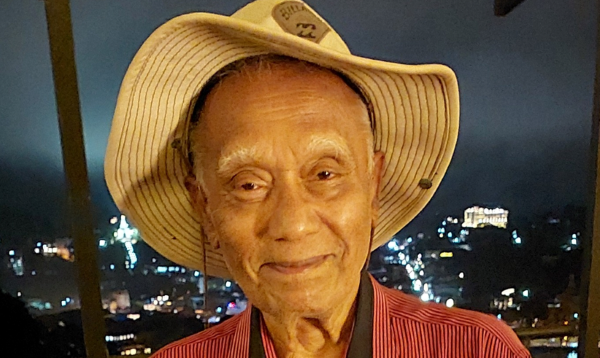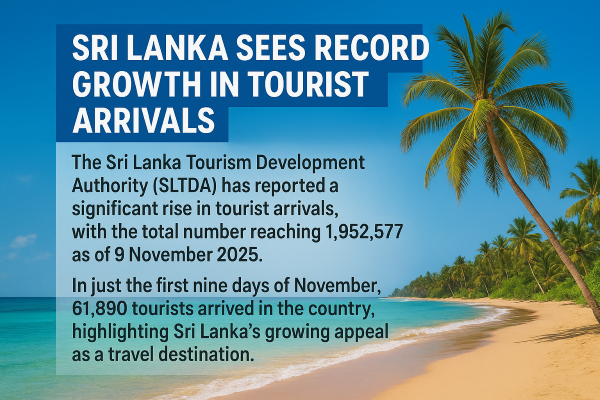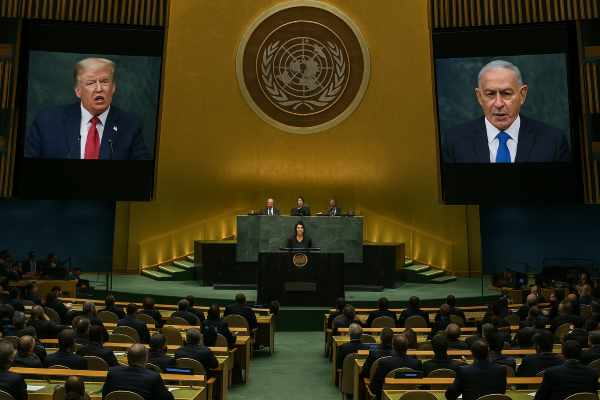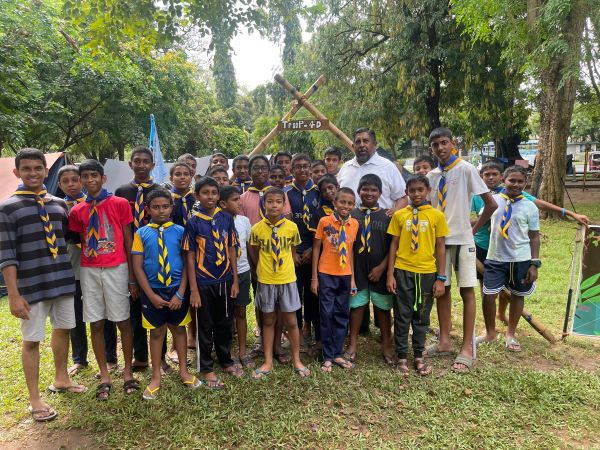The Role of Buddhism in Sri Lankan Politics: A Double-Edged Sword – By Dr Harold Gunatillake

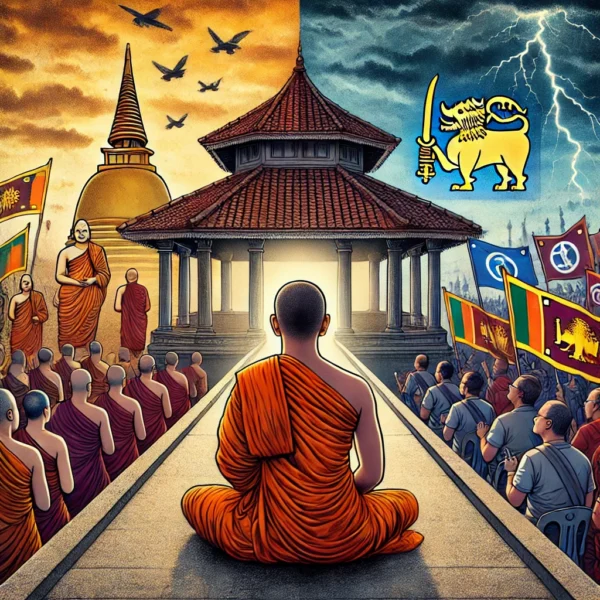
Sri Lankans in Singapore refer to themselves as “Singaporeans,” and Sri Lankans in Australia proudly call themselves “Aussies.” However, when they are in Sri Lanka, they identify as “Sinhala Buddhists” and do not proudly identify as Sri Lankans. This raises the question of why this anomaly exists.
“Buddhism in Sri Lanka is not just a religion; it also holds significant cultural and political influence. Throughout the years, numerous politicians have used Buddhism to gain political leverage, sometimes contributing to the detriment of national unity. This article delves into the impact of the close relationship between Buddhism and politics on social harmony and the national identity of Sri Lankans.”
Since gaining independence in 1948, Sri Lanka has witnessed the active involvement of Buddhist monks in politics. The majority of the Sinhalese population, who follow Theravāda Buddhism, have often viewed the protection and promotion of Buddhism as a national duty. This has led to the rise of Sinhala Buddhist nationalism, where political leaders use religious sentiments to garner support and secure seats in Parliament.
Some question why there aren’t Tamil nominees for the Presidential seat in the forthcoming elections. In a country with a Sinhala Buddhist majority, there is no way any minority person will ever dream of that venture.
Singapore is an excellent model to follow. Originating from the present-day state of Tamil Nadu in South India and northern Sri Lanka (formerly Ceylon), many Tamils came to Singapore during the 19th century as labourers and traders. Today, the Tamils comprise about five per cent of Singapore’s population.
Singapore has elected Tharman Shanmugaratnam, a descendant of Sri Lankan Tamils, president. This would spark controversial reactions in Sri Lanka.
The Impact on National Identity The emphasis on Buddhism in politics has contributed to a shift in how people identify themselves. Many Sri Lankans now refer to themselves as Sinhala Buddhists rather than simply Sri Lankans. This shift has created divisions within the country, as it emphasises ethnic and religious identities over a unified national identity. The result is a society where religious and ethnic lines are more pronounced, potentially undermining social cohesion.
Social Harmony and Religious Extremism
The politicisation of Buddhism has led to instances of religious extremism. Some Buddhist nationalist groups have been involved in acts of violence and discrimination against minority communities, including Tamils and Muslims. These actions have strained relationships between ethnic and religious groups, making it challenging to achieve lasting social harmony.
The Role of Buddhist Monks
Buddhist monks have played a dual role in Sri Lankan society. While many monks advocate for peace and social justice, others have taken a more militant stance, supporting nationalist agendas and participating in political activities. This duality reflects the complex relationship between religion and politics in Sri Lanka.
The Path to Reconciliation
Despite these challenges, efforts are being made to promote religious harmony and national unity. Various initiatives aim to foster dialogue between religious and ethnic groups, emphasising the importance of coexistence and mutual respect. These efforts are crucial for building a more inclusive and peaceful society.
Will that ever happen in Sri Lanka? Yes, if the religion is used for self-purification rather than political purposes.
Sri Lanka’s constitution gives Buddhism a prominent place and requires the State to support and promote Buddhism while ensuring other religions’ rights and freedoms. By providing special status to Buddhism, the constitution has created a distinction that has the potential to discriminate in a diverse society and undermine the fundamental principle of equality.
When Sri Lanka gained independence from Great Britain on February 4, 1948, the lion flag of the last king was hoisted once again. The first Prime Minister of independent Sri Lanka, D.S. Senanayake, appointed a committee to advise the government on the design of a new national flag. However, it’s worth noting that the current national flag does not depict unity or recognise all nationalities.
Conclusion: Using Buddhism in Sri Lankan politics is a double-edged sword. While it has helped preserve the cultural heritage of the majority population, it has also contributed to divisions and social tensions. Political leaders must promote a more inclusive national identity, transcending ethnic and religious boundaries. Only then can Sri Lanka achieve true social harmony and unity.
End



